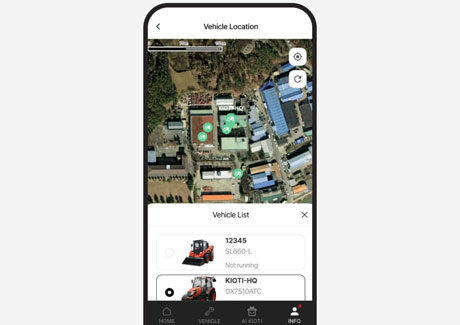Words Create Our World – Choose Carefully!
Words bear enormous power. They have the capacity to build up or break down. To persuade or dissuade. Connect or disconnect. Words can form wonderful pathways of understanding in our souls, giving us the capacity to change. They can open us up to new truths. They can impact our moods, and sometimes the direction of our lives.
Yes, words matter. The words we have running through our minds – and out our mouths – determine how we see ourselves and our world and how the world sees us.
It pays to be mindful not only about what we think and do, but also about what we say. There is a connection.
The research says…
In their jointly written book, Words Can Change Your Brain, Dr. Andrew Newberg, a neuroscientist at Thomas Jefferson University, and Mark Robert Waldman, a communications expert, say that a single word has the power to shape our behavior, and impact physical and emotional stress levels, good or bad.
“By holding a positive and optimistic word in your mind, you stimulate frontal lobe activity,” the authors write. “This area includes specific language centers that connect directly to the motor cortex responsible for moving you into action. And as our research has shown, the longer you concentrate on positive words, the more you begin to affect other areas of the brain.”

So exercising positive thoughts can quite literally change one’s reality. Over time, sustained positive thoughts impacts not only the perception of ourselves, but those around us.
And that comes through in our choice of words, though the authors say we aren’t great when it comes to that.
“Although we are born with the gift of language, research shows that we are surprisingly unskilled when it comes to communicating with others,“ write Newberg and Waldman. “We often choose our words without thought, oblivious to the emotional effects they can have on others.”
He didn’t just say that, did he?
At the annual meeting of a large trade organization there was a ceremonial passing of the gavel from the outgoing president to the new.
As he took the podium in front of over 300 people, the new leader was asked to say a few words. After surveying the crowd somewhat nervously, he tried to eke out a smile, then fumbled as he pulled a piece of folded paper from his pocket.
“First of all, I would like to thank you for the opportunity to lead this great organization in the coming year. Oh, wait, before I say that, let me tell you public speaking is not one of my strong suits. And I hope this speech goes more smoothly than the last presidential election.” Silence.
What the heck was he thinking? Actually, it was quite apparent what he was thinking. Read off a prepared script, painfully, one word at a time. But maybe start with a joke because that’s what the speaking manual says to do to warm up the room.
And it was wrong on so many levels. It needlessly introduced the subject of politics, an increasingly divisive issue, into an important evening for a non-political organization. It was self-deprecating, but in a way that decreased the speaker’s credibility, not enhanced it. And it ultimately served no purpose.
This new leader did not give words their due. He discounted their power. He was ill prepared for that moment, very unrehearsed, and extremely careless with his language, and use of the podium time. Not a good start to his tenure.
You don’t have time to bury the lede!
People have a very limited attention span, no matter how good our information or insights or words are.
The Greek philosopher Plato recognized this, even several thousand years ago, when he wrote, “The beginning is the most important part of the work.”
Today that is even more important when the average American adult is subject to between 6,000 and 10,000 marketing messages every single day. That is a lot of clutter to cut through, and you’re not going to do it if you don’t immediately show up different, pique someone’s curiosity and offer something of value to them.
In fact, more recent research shows 90% of what someone thinks about us is determined in just the first three seconds of an engagement. We have to make good use of that time if we want to earn someone’s attention, and eventually, their business.

Do you speak and communicate with purpose? Do your words take a prospect or customer through the funnel, or pull them off the path to a dead end?
Knowing the impact and clarity of language adds strength and credibility to who you are and what you do. Honor that.
Become your own language coach and create the vision you want for the world, and for how you want the world to see you.
David Gee is a communications consultant for EPG Brand Acceleration, a keynote speaker, and former editor-in-chief of Boating Industry


